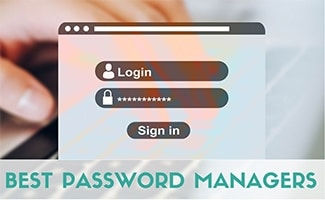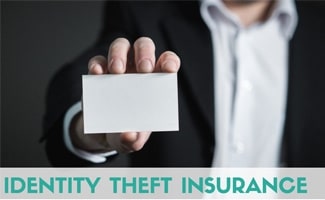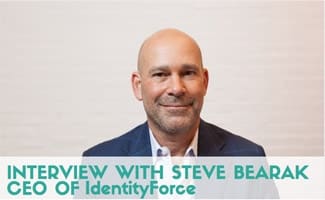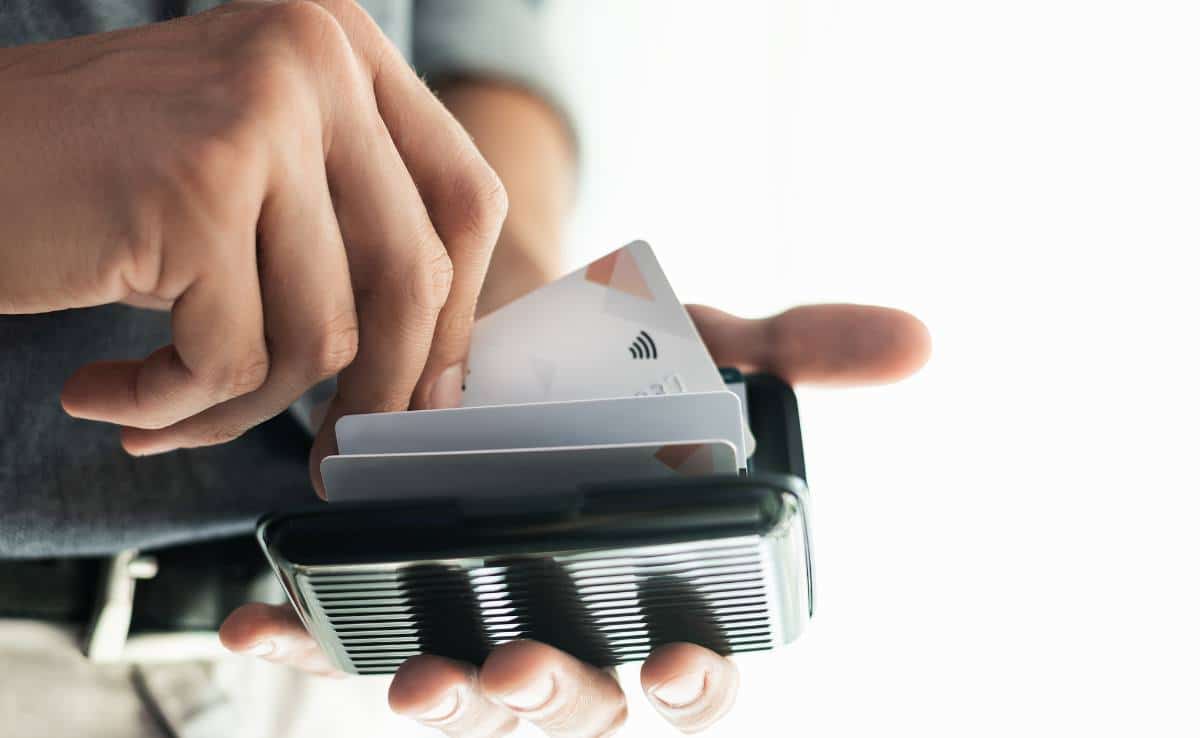Social Media ID Theft: How Does It Happen? How To Avoid & Prevent
When you purchase through links on our site, we may earn a commission. Here’s how it works.
 Social media allows us to interact with friends and family around the globe. It provides us with an intimate connection with others but also makes us vulnerable. Criminals see social media as an opportunity to steal a user’s identity for personal gain. They don’t only go after private information but also aim to acquire pictures and friend lists to take it one step further. You have to know how to protect yourself and your social media accounts.
Social media allows us to interact with friends and family around the globe. It provides us with an intimate connection with others but also makes us vulnerable. Criminals see social media as an opportunity to steal a user’s identity for personal gain. They don’t only go after private information but also aim to acquire pictures and friend lists to take it one step further. You have to know how to protect yourself and your social media accounts.
Article Overview
- What Is Social Media Identity Theft?
- How Does It Happen?
- How Do I Protect My Social Media?
- How Far Will A Thief Go To Profit From Your Family’s Identity? (Video)
- Protect Your Identity In Every Way
What Is Social Media Identity Theft?
Social media identity theft occurs when a criminal uses personal information and pictures to create fake profiles that they can use to scam other people. Public profiles on sites like Facebook, Twitter, Instagram, and other social media outlets provide criminals with an inside view of people’s lives and networks.
Thieves use the information available to impersonate you for a variety of reasons. They may wish to accomplish the following things:
- Harass you or tarnish your reputation
- Promote a message or belief across a mass amount of profiles
- Scam your friends for financial profit
- Gain access to personal information to get credit or loans illegally
- Use your identity to create an illegal identity for another person
How And Why Does It Happen?
According to Javelin Research and Strategy, you are 46% more likely to experience personal account takeover and fraud if you use social media. Besides having your account hacked, you are 30% more likely to become a victim of fraud. These statistics show how social media networks facilitate identity theft and fraud in your personal, financial, and social life.
Unfortunately, there are criminals in this world that want to take advantage of others. Social media identity thieves come in more than one form. There are computer programs that scammers use to obtain personal information and pictures to make duplicate profiles to commit fraud. Some individuals seek out the criminal activity on social media for personal gain or to spite someone they dislike. You never know who or what might be targeting you, so you need to prepare for anything.
Your Kids Are Vulnerable Too
It’s essential to consider the amount of information you put on your social media accounts about your children. It can make them vulnerable in so many ways. Criminals can steal their data in the same ways they can take yours.
You also need to stay aware of social media accounts your children create for themselves and make sure they understand why and how to protect their social media presence.
How Can I Protect My Social Media?
Social media is all about exposure. You’re putting yourself out there for others to see. However, fraud and identity theft occur on social media platforms when you don’t think about protecting yourself. This type of ID theft and fraud is much more common in accounts that don’t take the necessary steps to protect themselves. Here are nine ways to protect your social media accounts:
1. Passwords
 It’s essential to use strong passwords that you change regularly. It may help to use a password manager program that can generate unique passwords for you like Dashlane or LastPass.
It’s essential to use strong passwords that you change regularly. It may help to use a password manager program that can generate unique passwords for you like Dashlane or LastPass.
2. Two Factor Authentication
Using two-factor authentication requires a second step after entering your user name and password to open your account. Adding that additional step adds extra protection when someone is trying to hack your social media account.
3. Be Aware Of What You Share
You’re setting yourself up for exposure when you share intimate details about your life. Things like your full birthday, children’s names, pet’s names, and where you went to high school can help scammers impersonate you, figure out your passwords, and determine answers to your security questions.
4. Everyone Is Not Your Friend
Make sure you only accept friend requests from people you know in real life. If you don’t know who they are, you cannot verify if they are trying to connect with you or steal your personal information. It’s not worth the risk.
5. Keep Your Profiles Private
Check the setting of your social media accounts and make sure you set all of your profiles to private. This feature will limit what people can see if they are not a part of your inner circle of friends.
6. Close Accounts You Don’t Use
Never leave social media accounts you don’t use open. A profile that you’re not monitoring is more susceptible to hacking, and you may not even notice if it happens. If you aren’t using it, just get rid of it by deleting the account.
7. Evaluate If Connecting Apps Is Necessary
Lost of apps will ask you to sign in using Facebook or Twitter. When you accept this option, you sometimes agree to allow the app to access your data. Evaluate if this is necessary, and if not, don’t do it. If someone figures out how to access your apps or social media, you don’t want them to have an easy way to get into your other accounts.
8. Report Any Issues Immediately
All social media outlets have a way for you to report a compromised profile or suspicious activity. Take advantage of that option. It’ll confirm your identity, and the more reports they collect, the more likely they are to identify criminal users and remove them. It also makes social media outlets more aware of problems they need to work harder to prevent.
9. Monitor Your Accounts
You need to check every social media account you have regularly so you know if anything suspicious is going on.
Some identity protection plans, like IdentityForce, offer social media identity monitoring. This type of plan adds another level of protection.
How Far Will A Thief Go To Profit From Your Family’s Identity?
This two-minute video from ABC News tells how thieves stole the social media identity of a child with cerebral palsy to profit from one family’s emotional journey.
Protect Your Identity In Every Way
Your social media profiles can leave you vulnerable and expose your personal information to people who want to take advantage of you. However, your social media accounts aren’t the only place you need to protect your identity. We have several articles to help you make sure you’re protecting yourself. From our comprehensive guide to protecting your identity to our reviews of the best identity theft protection plans, we can help you figure out how to protect your identity in every way.



